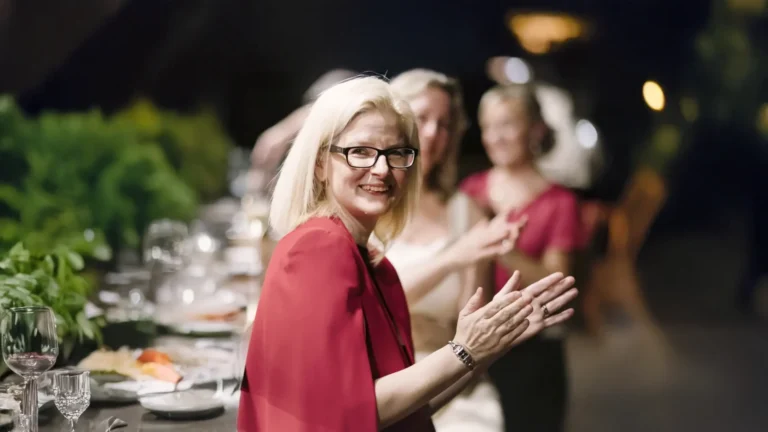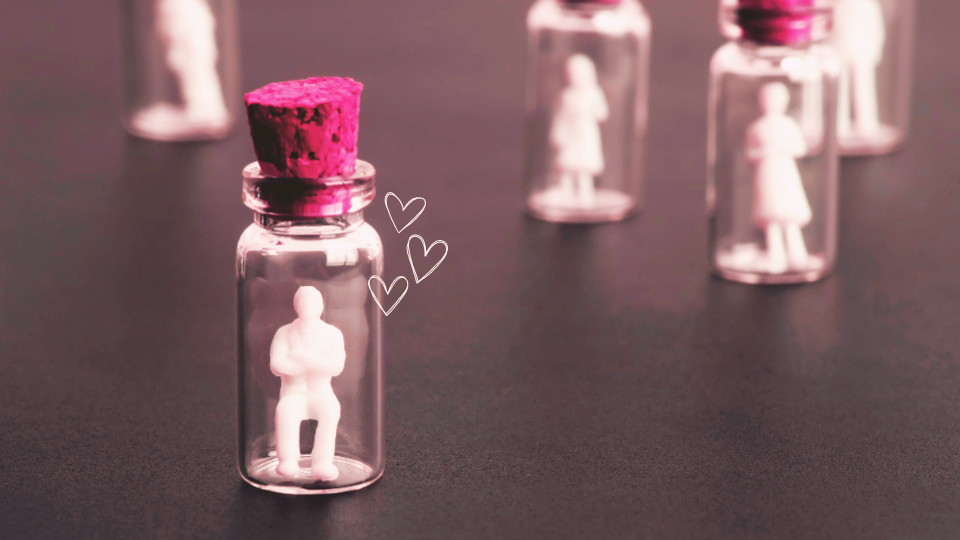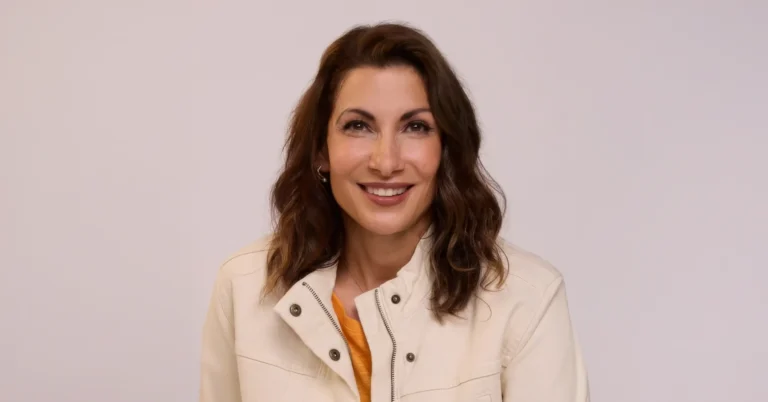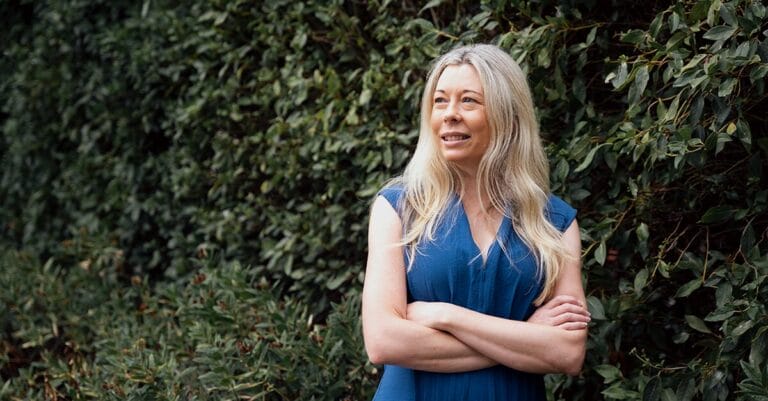

As humans, we are innately afraid of being hurt and feeling shame or rejection. Although these feelings are valid, our fear hinders our ability to be vulnerable with others, which in turn hampers our ability to truly connect.
“Vulnerability sounds like truth and feels like courage. Truth and courage aren’t always comfortable, but they’re never weakness.” These are words written by American professor and author Dr Brené Brown, who is widely acclaimed for her research on the power of vulnerability and its role in living a wholehearted life.
Through her research, Brown has found that human connection underpins vulnerability, more specifically our desire for it, and she debates the idea that being vulnerable leads to harm. In fact, her research shows vulnerability to be an incredibly powerful tool that can lead to us living more authentic, meaningful and connected lives.
As Aristotle said, “Man is, by nature, a social animal.” We have always created communities, our nomadic hunter-gatherer ancestors lived in groups due to a need for kinship and a reliance on each other to survive. Relying on anyone is inherently vulnerable. In today’s individualistic society, where money can buy you anything you need, our reliance on others to survive is lessened. We are less connected.
Brown notes that many of us are afraid we’re not worthy of connection and so put up our guard – doing this stops us from connecting – and she says vulnerability is the birthplace of joy, creativity and love and that our society tries its hardest to avoid it. “The research shows that we try to ward off disappointment with a shield of cynicism, disarm shame by numbing ourselves against joy, and circumvent grief by shutting off our willingness to love.”
More bluntly, she highlights the fact that the current US population is the most in debt, addicted, medicated and obese generation in history. Our lack of connection and tendency to numb negative feelings consequently impacts our ability to feel positive.
Essentially, we live a life with an aversion to risk (particularly in Western culture), but this is stopping us from ever reaching our potential or feeling true happiness. Why? Because we can never truly connect with others if we aren’t completely open ourselves.
Being vulnerable is a radical act in this day and age, but it has the power to transform our lives. Being willing to fail, willing to show our humanness, and willing to reach out to someone first, all constitute acts of vulnerability. When applied to both our professional and personal lives, the potential for connection and reward is immeasurable.
The human desire for connection also translates into the workplace. As humans, we favor those who we trust, and I’m sorry to break it to you, but the statistics show we don’t trust lawyers. A Princeton study by Professor Susan Fiske and associate professor Cydney Dupree, asked people to rank professions by their perceived competence and warmth. The results are predictable. Lawyers are seen as highly competent and incredibly cold, efficient, capable but ruthless.
Lawyers are not encouraged to be vulnerable. In fact, it would be fair to say they are encouraged to be the opposite: defensive. For in-house counsel, changing this mentality is key to their ability to excel in their job. Counsel want to become strategic advisors, to be holistically involved with the business and to have a seat at the table. There is no way this can be achieved without trust, which requires, yes, vulnerability.
Imagine if lawyers applied vulnerability to their work. How would their relationships with their clients change? How would their relationship with the law change? How would their role change?


